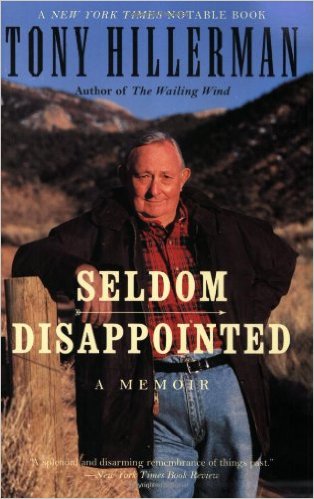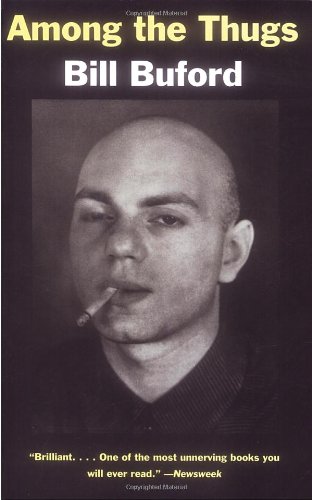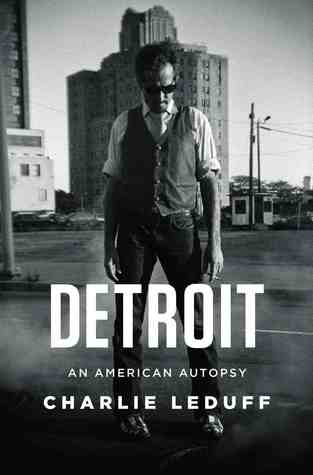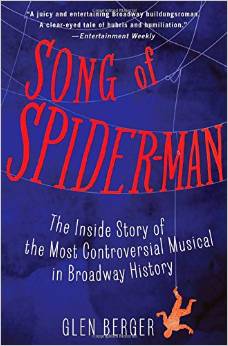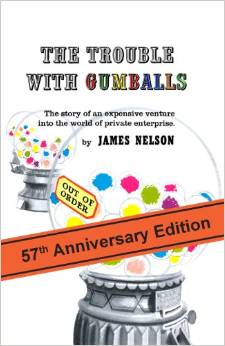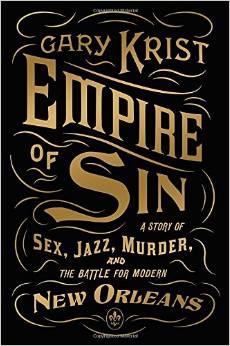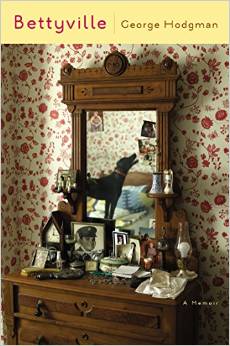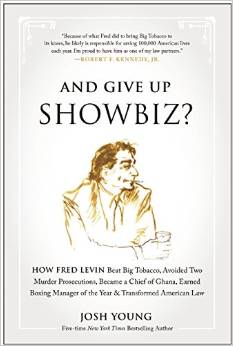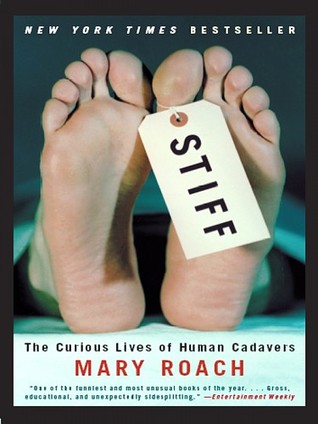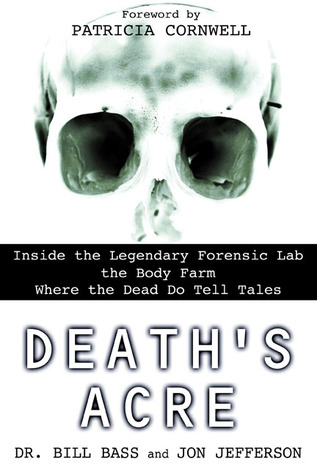“Death’s Acre” is not what it claims to be: “Inside the Legendary Forensic Lab the Body Farm Where the Dead Do Tell Tales.”
It’s Bill Bass’s bloated memoir, brimming with useless information, bogging down readers and serving no purpose.
It’s also Bill Bass’s chance to stand up and accuse men and women, not convicted in a court of law, of being murderers. More on that later.
Bass writes about all sorts of things, including a few of his cases and cases of his colleagues. He writes a little about the “body farm” and its genesis, but, not that much.
He complains about journalists, the scoundrels, and then bemoans when newspapers (written by journalists) didn’t cover a murder, disappearance or found body he deemed newsworthy. A little bit of cake-and-eat-it-too going on.
As much as Bass might bemoan journalists, he could have done with a journalistic editor. He jumps around, across, over, under and through time without much, if any, concrete groundings, concrete dates, concrete years to orient the reader. There is no timeline and the memoir is not ordered chronologically.
Result: Confusing and bloated. Too much useless fluff opinion. Bass tries to be a philosopher, to make great, profound points at the end of his chapters. Really, life is short and brutish and no amount of sugared words will mask that fact.
Read More →
